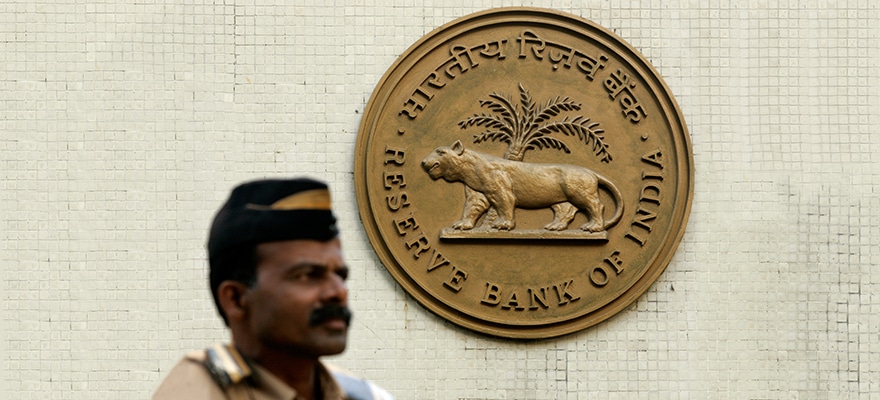The Indian central bank has become the latest monetary regulator to examine the idea of launching a central bank digital currency (CBDC) and is currently exploring the ways of its optimization.
The Reserve Bank of India (RBI) released a booklet named ‘Payment and Settlement Systems in India’ on Monday, revealing its current position on the digital version of fiats.
This revelation came when the monetary regulators of several major economies are exploring the CBDC launch. China remains at the forefront with large scale pilot of digital yuan while European counterparts are also discussing the digital euro.
“Private digital currencies (PDCs) / virtual currencies (VCs) / Cryptocurrencies (CCs) have gained popularity in recent years,” the Indian regulator stated. “Nevertheless, RBI is exploring the possibility as to whether there is a need for a digital version of fiat currency and in case there is, then how to operationalize it.”
Skeptical Towards Digital Currencies
Additionally, the monetary regulator made it clear that it is skeptical of digital currencies, especially because of the associated risks with them.
Though the central bank had banned banking services to crypto companies earlier, a Supreme court ruling overturned it last year.
RBI has been studying the CBDC at various levels for a few years now. It formed an inter-departmental group in 2018 to study and guide the ‘desirability and feasibility’ of the CBDC. However, the RBI governor pointed out the technological shortcomings and said it was “too early” to launch such a fiat alternative in 2019 end.
Indeed, India’s geographical diversity and socio-economic divide are only a few challenges in introducing a monetary system based on electronic devices. The central bank is now encouraging market players to develop offline payment methods for the remote regions where internet penetration is still underdeveloped.
“Entities are being encouraged to develop offline payment solutions, and a pilot scheme in this regard was rolled out in August 2020. The pilot scheme is being undertaken till March 31, 2021, and based on experience gained, a decision will be taken on roll-out of the scheme,” the booklet read.

















